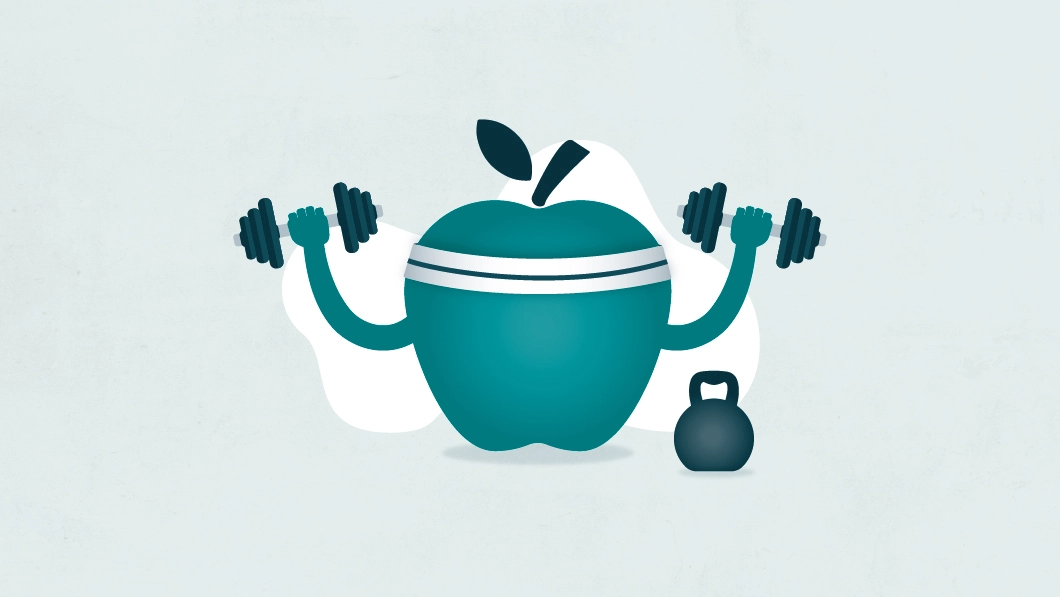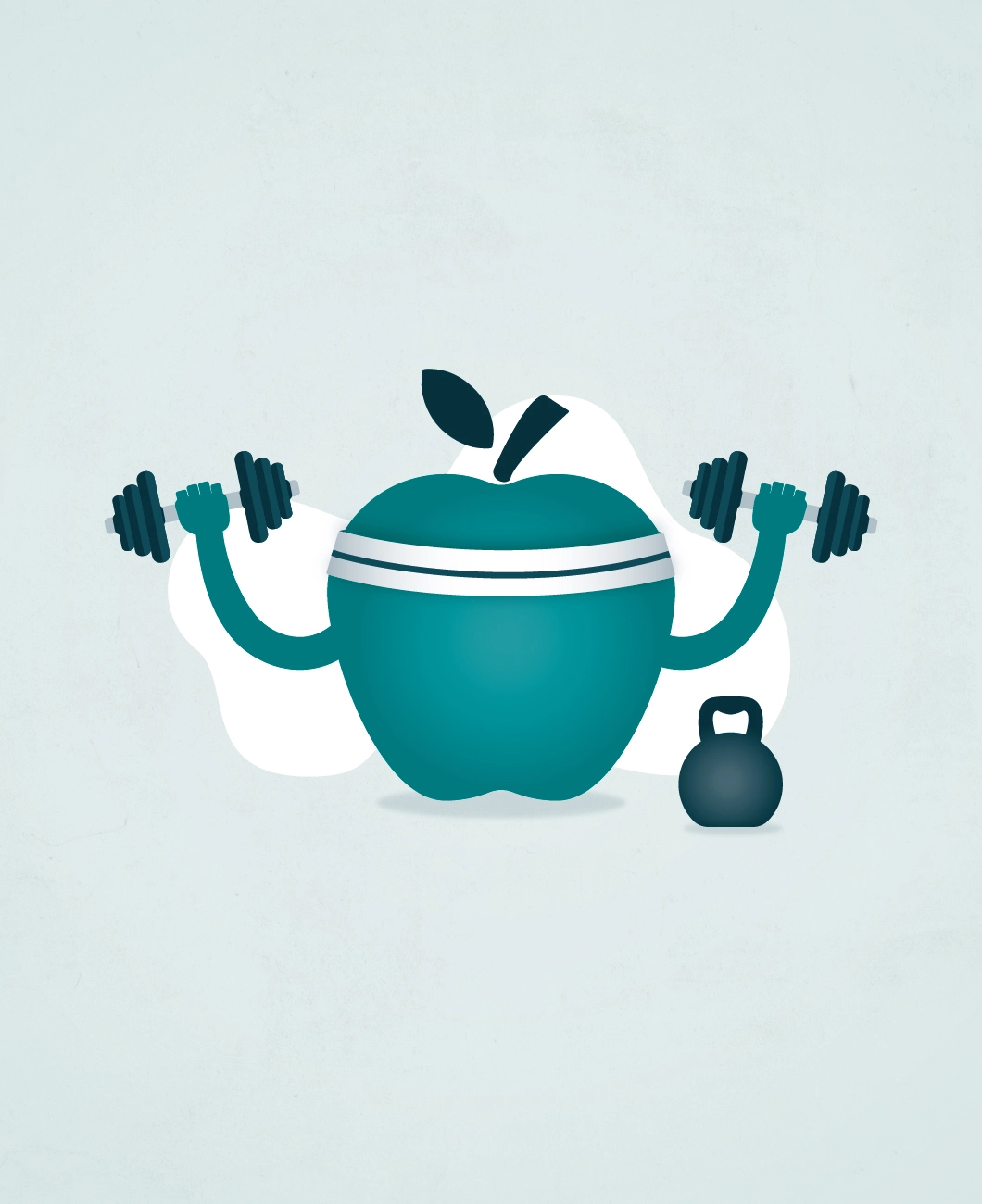Nutrition during Sports Events
Nutrition and Sports Practice
When a person starts practising sports, there are many different sports available. Deciding which one goes through a complex process, given the variety presented. Starting with the selection between group or individual sports, going through the choice of endurance or explosion/speed sports and analysing the personal and individual taste for practising them, the options are countless.
The beneficial effects of exercising are widely presented and as such the promotion of this practice should be increasingly encouraged. However, what for many starts as a habit included in a healthier lifestyle, by the spirit of personal growth and increasing the challenge, ends up becoming moments of competition.
Nutrition has its strength in any area of human health, and when it comes to sports, even recreational sports, a good diet contributes to greater energy levels, better physical response and injury prevention. If such benefits are vital in leisure athletes, for a person who seeks better results in competition, nutrition and diet cannot be forgotten.
As such, one of the main important points is to understand the type of sport practised, requiring adjustments to the diet during the training season, in the calendar of competitions and in the competition itself.
Due to the of type of physical response required, endurance and speed exercises have specific and individual needs. The duration of the competitions, as well as the interval and recovery time between them, is another factor to consider when addressing nutrition. The division of the sport and its athletes into weight categories increases the particularity of nutritional monitoring. And to all this is added the individuality of the athlete, in particular body composition, health issues, food allergies/intolerances and personal taste.
Energy
The first step is to ensure the adequate intake of energy (calories), which in competition periods may require a controlled restriction at the moment/hours before the event, if the sport is divided into weight categories; as it may require an increase in calories, at the same time, if the sport is endurance.
Carbohydrates
Here their main function is to increase muscle glycogen reserves, and as such the day before the sports event should contribute to this effect. This will not happen, if the volume of Carbohydrates is only increased in the meal before the competition. In the last meal before the event, the consumption of food rich in fibre should be avoided. At the same time, since quick absorption energy is sought, foods that are sources of Carbohydrates, without fat (such as jam, honey and marmalade) should be sought.
Protein
Although essential for muscle growth and development, in the moments before the event, it should be consumed in moderation as the main goal of this meal is to increase the energy levels available to spare during the competition. The use of higher volumes of protein is preferable after the competition to contribute to muscle recovery and contribute to the repair of tissue damage caused by the demands of the sport.
Above all, knowing well the tolerance of the foods used in competitive seasons allows for better results in the fulfilment of the food plan, ensuring the suitability to individual needs. Nutritionist, Jacinta Mendes 3341N
Stop using paper in your Gym! ![]()
Innovate your Reservations method! ![]()
Optimise your Team's productivity! ![]()
Simplify Nutrition Monitoring! ![]()
Increase Retention Rate! ![]()


![]() Stop using paper in your Gym!
Stop using paper in your Gym!
![]() Innovate your Reservations method!
Innovate your Reservations method!
![]() Optimise your Team's productivity!
Optimise your Team's productivity!
![]() Simplify Nutrition Monitoring!
Simplify Nutrition Monitoring!
![]() Increase Retention Rate!
Increase Retention Rate!

![]() Stop using paper in your Gym!
Stop using paper in your Gym!
![]() Innovate your Reservations method!
Innovate your Reservations method!
![]() Optimise your Team's productivity!
Optimise your Team's productivity!
![]() Simplify Nutrition Monitoring!
Simplify Nutrition Monitoring!
![]() Increase Retention Rate!
Increase Retention Rate!


